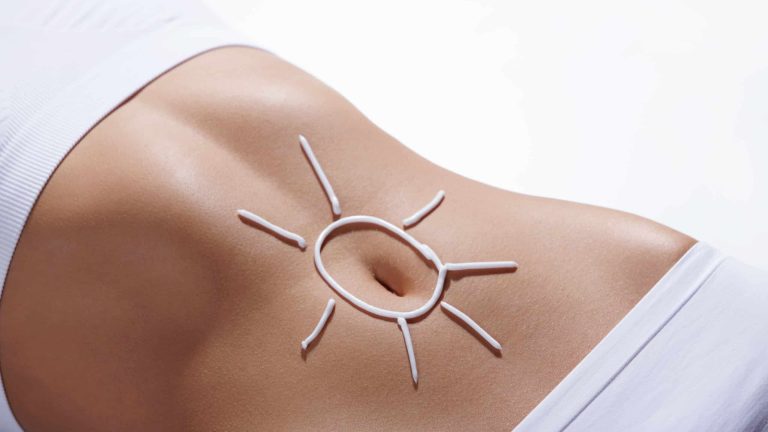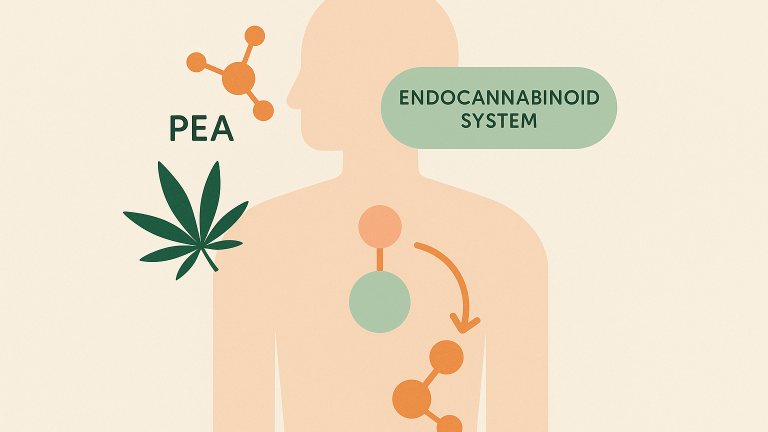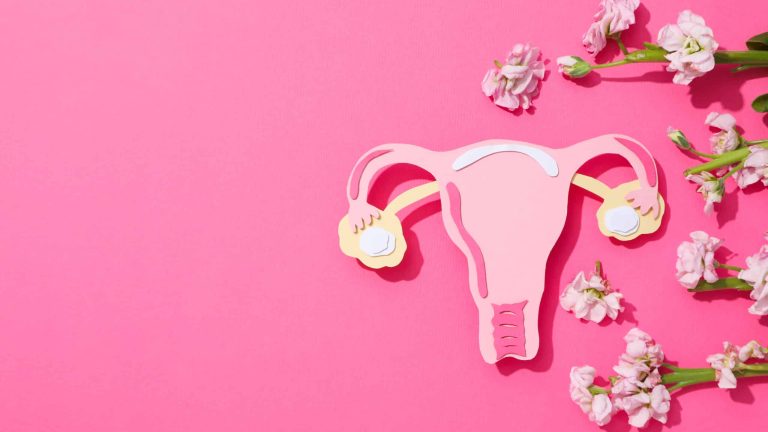What’s the connection between gluten and endometriosis?
Many people with endometriosis report feeling worse after consuming gluten, the protein found in wheat, barley, and rye. But is it just anecdotal—or is there science behind it?
While endometriosis and gluten intolerance are different conditions, studies suggest that gluten may play a role in triggering inflammation in sensitive individuals. A 2012 study published in Minerva Chirurgica found that 75% of women with endometriosis experienced a significant reduction in pain after following a gluten-free diet for 12 months.
So why might this happen?
Gluten, inflammation, and the gut
Endometriosis is now widely understood to involve chronic, systemic inflammation. Gluten can trigger an inflammatory immune response in some people—even those who don’t have celiac disease. This can cause or worsen symptoms like bloating, abdominal pain, fatigue, and joint aches.
Many women with endo also report digestive issues—such as IBS or SIBO (Small Intestinal Bacterial Overgrowth). Gluten can aggravate these problems, especially if the gut lining is already compromised, which is sometimes referred to as “leaky gut.”
Celiac disease and endometriosis: What we know
Celiac disease is an autoimmune condition where gluten damages the small intestine. Some research has found higher rates of celiac in women with endometriosis than in the general population.
A 2011 study published in Gynecologic and Obstetric Investigation showed that women with endometriosis were significantly more likely to have undiagnosed celiac disease. The study concluded that screening for celiac might be beneficial in endometriosis patients with unexplained GI symptoms.
It’s important to note: not everyone with endometriosis has celiac or needs to go 100% gluten-free. But if you’re experiencing symptoms like gas, bloating, diarrhea, or brain fog—especially after eating gluten-containing foods—it may be worth investigating.
Should you try a gluten-free diet?
Trying a gluten-free diet for a few weeks can be a low-risk experiment. The key is to do it consistently and avoid hidden gluten sources (like soy sauce or some processed foods). If your symptoms improve, you can then choose whether to continue or speak to your doctor about further testing.
For women with both endometriosis and autoimmune conditions (such as thyroid disease, PCOS, or celiac), dietary changes may offer even greater benefits.
Tips for trying gluten-free with endo:
Focus on naturally gluten-free whole foods like fruits, veggies, quinoa, and rice.
Keep a symptom diary to track changes in pain, bloating, or fatigue.
Don’t forget gut-healing foods—bone broth, fermented veggies, and omega-3s.
Beware of ultra-processed gluten-free products; many are high in sugar or additives.
The bottom line
Gluten doesn’t cause endometriosis—but for some, it may be a trigger for inflammation or symptom flares. Listening to your body, tracking how you feel, and considering testing for celiac can all help guide your decision.





